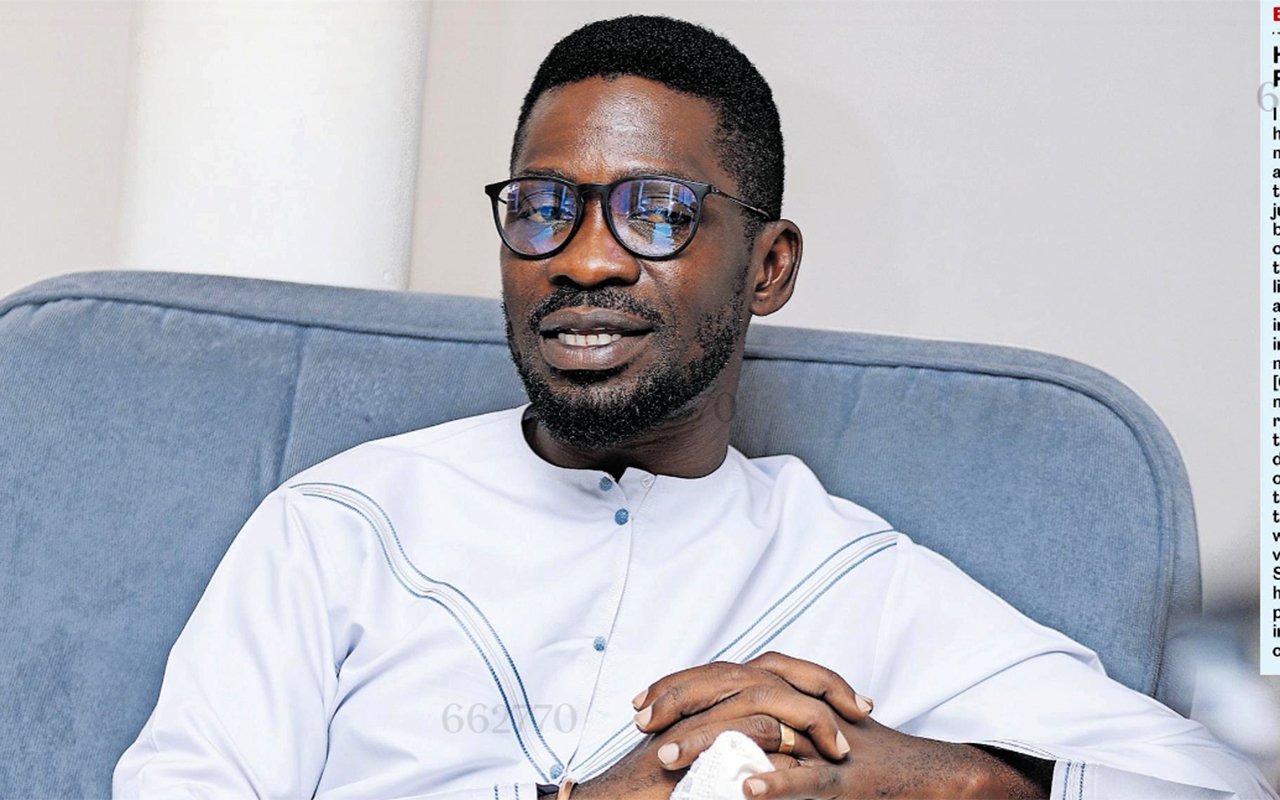Prime
Where are we in reviving sense of community raising children?

Crispin Kaheru
What you need to know:
This is time for us to support effective application of laws for the sake of our children.
Rights
Uganda is the second youngest country in the world, with 77 percent under the age of 30 and about 49 percent in the age group of zero to 14 years. These statistics clearly show not only where the future of the country lies, but also where the present is.
The demographics are also a pointer to vulnerability of our future and, therefore, a clarion call on us all to nurture and protect it jealously. Each one of us has a peculiar role to play; and so, the role of family, society and, of course, government should always be intentional.
The foundering of our social fabric has led to increased risk of child abuse. Back in the days, raising, disciplining and protecting a child was the responsibility of the community. This was epitomised in the adage, ‘it takes a village to raise a child’.
Today though, children are abused in the communities where they live as well as inside their homes. In the past, community parenting provided an all-round safety net for the child regardless of whether his or her parents were there or not. Of course, this is not to say that there was no child abuse then. Indeed, there were flickers of harmful cultural practices including female genital mutilation (FGM), child marriages, among others.
With a highly commercialised society, the family which is supposed to be the first line of a child’s safety no longer holds. In fact, there are several cases of child neglect, abandonment, physical and psychological abuse, among others, in homes today.
A 2012 study estimated that 40 to 80 children are abandoned each year in Kampala alone! A recent report by African Network for the Prevention and Protection against Abuse and Neglect (ANPPCAN) indicated that 3,000 children disappear from their homes each year. In 2021, the Ministry of Education reported that more than 20,000 underage girls got pregnant over a period of just one year during the Covid-19 lockdown.
Where is the community as a safety net in this picture? What happened to the first line of safety for the children – the family, the home? These staggering statistics are an indictment on the family unit, the home and the ‘village’ that are supposed to ‘raise’ the child.
For the last decade or so, there have been notable cases of child sacrifice. In 2021, police reported that 20 children had been sacrificed in just one year. Child rights organisations and media reports indicate that there is an increase in the number of children who are killed for traditional rituals. Today, children with disabilities on the other hand are at high risk of being put to death under the guise of sparing them from enduring painful infirmities.
Child labour is almost a way of life for vulnerable children, with many children working in exploitative conditions in different parts of the country. Some credible literature indicates that more than 80 percent of the children in Uganda are engaged in commercial or subsistence agriculture. Here lies the conundrum that we must square up to – when do we draw a line between child labour and chores intended to groom our children into responsible citizens?
To a large extent, the legal framework provides for a wide range of remedies for the violation of the rights of children. The Children’s Act, the Prevention and Prohibition of Human Sacrifice and other Traditional Harmful Practices Act, 2017 and the Prevention and Prohibition of Torture Act 2012 provide more specific remedies in the very delicate cases of child rights violations. This is the time for us to support effective application of such laws for the sake of our children.
It is true that many of the child abuses are rooted in socio-economic and cultural considerations coupled with traditional beliefs. May I suggest that it is time to exercise the power that we have to control these influences?
It is incumbent upon us to build and maintain robust multi-sectoral prevention and response actions at all levels to address child abuse of all forms. We also should empower our children to speak out in case they face abuse.
The writer is a commissioner at the Uganda Human Rights Commission




